Modeling the Consumption Response to the CARES Act
Pandemic-Consumption-Response
This repository is a complete software archive for the paper “Modeling the Consumption Response to the CARES Act” by Carroll, Crawley, Slacalek, and White (2020). This README file provides instructions for running our code on your own computer, as well as adjusting the parameters of the model to produce alternate versions of the figures in the paper.
References
Carroll, C. D., Crawley, E., Slacalek, J., & White, M. N. (2020). Modeling the consumption response to the CARES Act (No. w27876). National Bureau of Economic Research.
Details
Authors
Abstract
To predict the effects of the 2020 U.S. CARES Act on consumption, we extend a model that matches responses of households to past consumption stimulus packages. The extension allows us to account for two novel features of the coronavirus crisis. First, during the lockdown, many types of spending are undesirable or impossible. Second, some of the jobs that disappear during the lockdown will not reappear when it is lifted. We estimate that, if the lockdown is short-lived, the combination of expanded unemployment insurance benefits and stimulus payments should be sufficient to allow a swift recovery in consumer spending to its pre-crisis levels. If the lockdown lasts longer, an extension of enhanced unemployment benefits will likely be necessary if consumption spending is to recover.
Actions
Launch Dashboard
This material includes an interactive dashboard. The dashboard is a Jupyter Notebook which utilizes the Voila extension. You can directly launch the dashboard within your browser using MyBinder.
Material Source Code
Econ-ARK materials are open source and available to view and clone from GitHub.
Metadata
| Key | Value |
|---|---|
| cff-version | 1.1.0 |
| message | To predict the effects of the 2020 U.S. CARES Act on consumption, we extend a model that matches responses of households to past consumption stimulus packages; all results are paired with illustrative numerical solutions. |
| authors | {"family-names"=>"Carroll", "given-names"=>"Christopher D.", "orcid"=>"https://orcid.org/0000-0003-3732-9312"} {"family-names"=>"Crawley", "given-names"=>"Edmund"} {"family-names"=>"Slacalek", "given-names"=>"Jiri"} {"family-names"=>"White", "given-names"=>"Matthew N."} |
| abstract | To predict the effects of the 2020 U.S. CARES Act on consumption, we extend a model that matches responses of households to past consumption stimulus packages. The extension allows us to account for two novel features of the coronavirus crisis. First, during the lockdown, many types of spending are undesirable or impossible. Second, some of the jobs that disappear during the lockdown will not reappear when it is lifted. We estimate that, if the lockdown is short-lived, the combination of expanded unemployment insurance benefits and stimulus payments should be sufficient to allow a swift recovery in consumer spending to its pre-crisis levels. If the lockdown lasts longer, an extension of enhanced unemployment benefits will likely be necessary if consumption spending is to recover. |
| remark-version | 1.0 |
| references | {"type"=>"article", "authors"=>[{"family-names"=>"Carroll", "given-names"=>"Christopher D.", "orcid"=>"https://orcid.org/0000-0003-3732-9312"}, {"family-names"=>"Crawley", "given-names"=>"Edmund"}, {"family-names"=>"Slacalek", "given-names"=>"Jiri"}, {"family-names"=>"White", "given-names"=>"Matthew N."}], "title"=>"Modeling the Consumption Response to the CARES Act", "doi"=>"https://doi.org/10.3386/w27876", "date"=># |
| github_repo_url | https://github.com/econ-ark/Pandemic |
| remark-name | Pandemic |
| dashboards | Code/Python/dashboard.ipynb |
| tags | REMARK Notebook |
| keywords | Consumption COVID-19 Stimulus Fiscal Policy |
| date |

